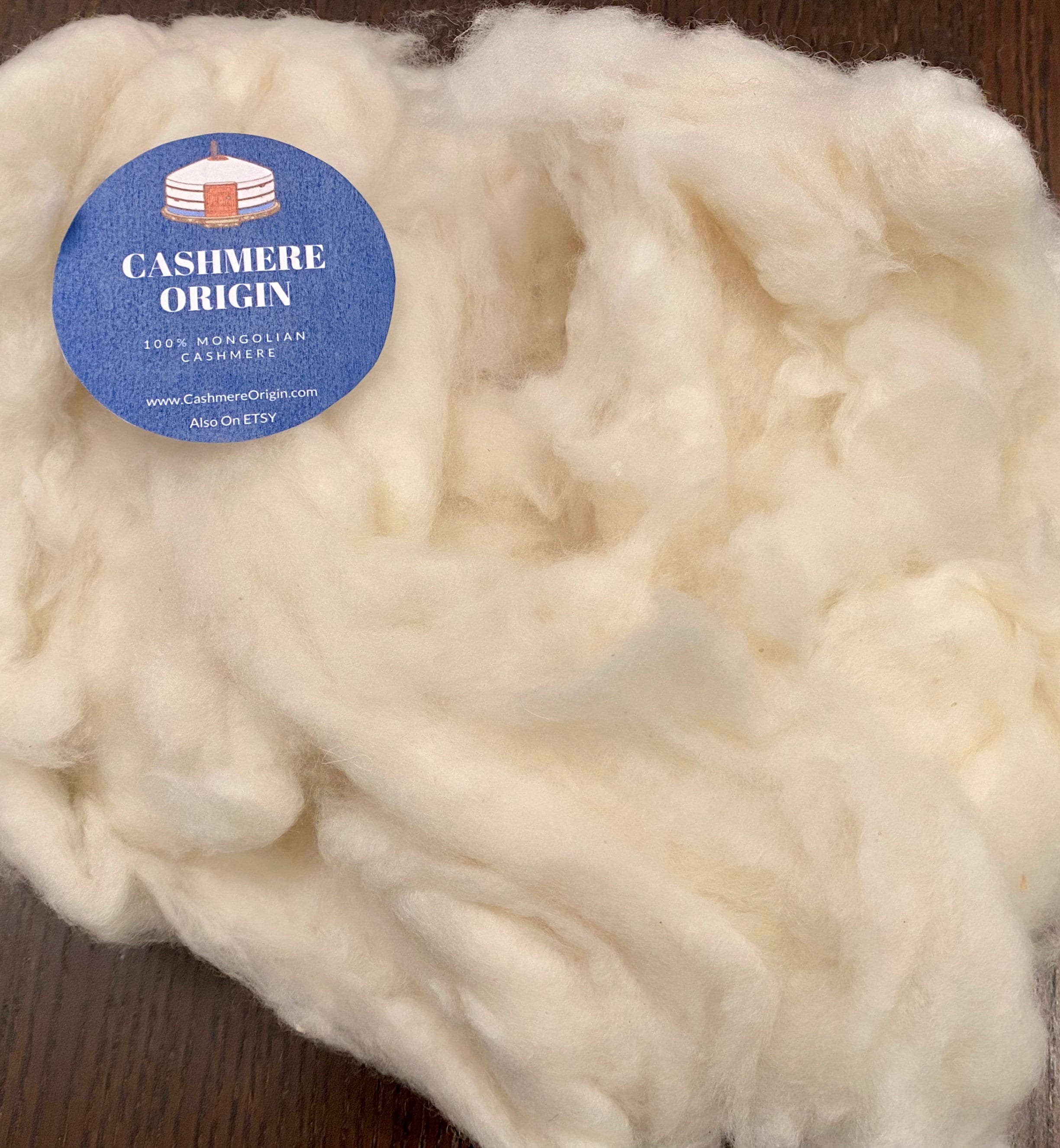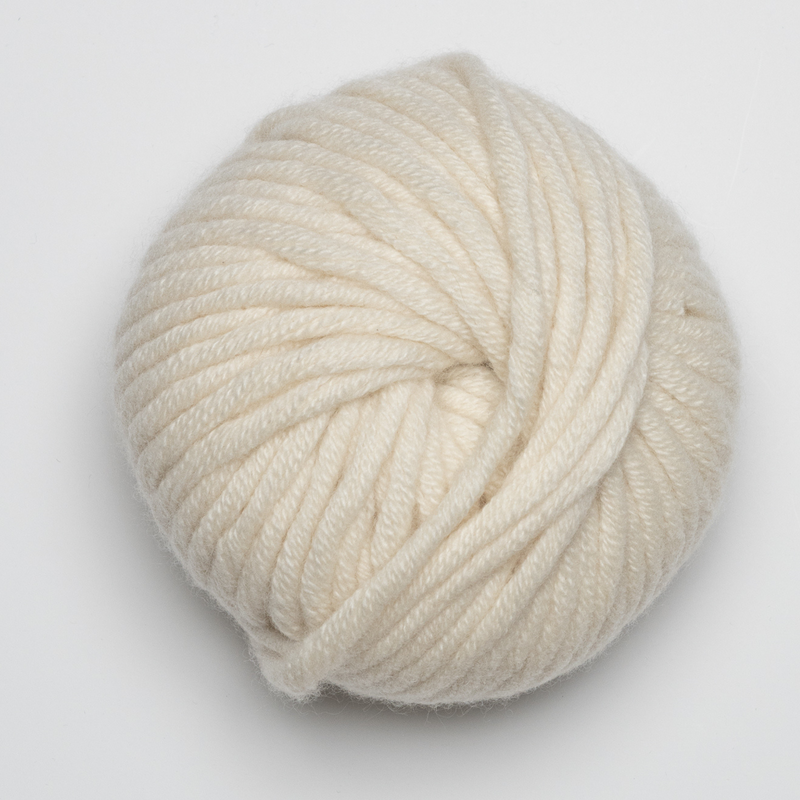Is Cashmere a Natural Fiber? Exploring Its Natural Origins and Uses
Is Cashmere a Natural Fiber? Exploring Its Natural Origins and Uses
Blog Article
Recognizing the Various Kinds Of Cashmere a Natural Fiber and Their Unique Advantages

The Origins of Cashmere: A Historic Summary
While the glamorous touch of cashmere continues to charm contemporary consumers, its origins trace back to the extreme, cold climates of Mongolia and the Himalayas. For centuries, the aboriginal peoples of these areas have actually been increasing Capra Hircus goats, the prime resource of cashmere woollen. These goats, resistant against the extreme winter seasons, grew a great undercoat to make it through, which later on came to be referred to as cashmere. The name itself pays homage to Kashmir, a region in India where the wool was originally refined. Much of the early cashmere trade course was assisted in by the Silk Road, attaching Asia with the Center East and Europe. In spite of its global spread, the finest cashmere is still believed to originate from the initial areas of Mongolia and the Himalayas.
The Manufacturing Process: From Goat to Garment
Shearing a Capra Hircus goat notes the beginning of the detailed cashmere production process. This delicate treatment commonly occurs annually during spring. The penalty, soft undercoat is after that divided from the coarser outer hair, a process called dehairing. The resultant raw cashmere is then cleaned to get rid of impurities such as vegetable, dirt, and oil issue.
The tidy fiber undergoes dyeing, rotating, and weaving, or knitting, to transform it right into a fabric. Facility treatments such as top quality control checks and ending up processes follow, guaranteeing completion item maintains the lavish requirement anticipated of cashmere. This painstaking process, from goat to garment, warrants the high cost affixed to cashmere items, making them a symbol of deluxe and refinement.
The Different Sorts Of Cashmere: An In-depth Analysis

The One-of-a-kind Advantages of Cashmere: Convenience and Sustainability
Relocating from the selection of cashmere types to the advantages they offer, comfort and sustainability stick out prominently. Cashmere, a natural fiber, is renowned for its unmatched gentleness, giving a degree of comfort that artificial fibers can't match. The material's agility, yet impressive heat retention, makes it suitable for all seasons. In addition, cashmere's all-natural elasticity permits it to go back to its original shape, making it resistant to shrinking or extending.
When it concerns sustainability, cashmere is renewable and biodegradable, as it's collected from cashmere goats who regrow their layers yearly. what is cashmere. Unlike synthetic fibers which can take hundreds of years to decay, cashmere's influence on the atmosphere is minimal. This combination of convenience and sustainability makes cashmere a helpful selection for conscious consumers

Taking Care Of Your Cashmere: Maintenance and Conservation Tips
While why not look here cashmere is unquestionably a lasting and elegant choice, it requires particular treatment to keep its top quality and expand its life-span. To begin, cashmere ought to be hand cleaned utilizing cold water and a moderate cleaning agent. Cashmere products must be stored in a amazing and completely dry location, away from straight sunlight and wetness.
Buying Cashmere: Recognizing Its Worth and Worth
Although cashmere may initially appear like an expensive investment, its long-term worth and worth ended up being evident when you consider its impressive top qualities. Known for its unparalleled go to this website soft qualities and heat, cashmere is a costs all-natural fiber that exceeds various other products. Spending in cashmere, therefore, is not just concerning existing style trends, but about accepting a sustainable, resilient, and glamorous lifestyle.
Verdict
In recap, the kind of cashmere one picks, be it Mongolian, Chinese, or Italian, is determined by individual preferences for heat, luxury, spending plan, and sustainability. The value of cashmere prolongs beyond its rate, with comfort and longevity contributing to its worth. Appropriate care and upkeep can guarantee its conservation. Recognizing the origins, production procedure, and one-of-a-kind benefits of different types of cashmere can assist customers in their investment in this elegant natural fiber.
Whether it's the outstanding warmth of Mongolian cashmere, the price of Chinese cashmere, or the eco-conscious manufacturing of Italian cashmere, there's a tale to be uncovered behind each fiber kind. Cashmere, an all-natural fiber, is renowned for its unparalleled softness, offering a degree of convenience that synthetic fibers can not match.When it comes to sustainability, top article cashmere is renewable and biodegradable, as it's collected from cashmere goats that regrow their layers yearly. Understood for its unmatched soft qualities and heat, cashmere is a costs all-natural fiber that outperforms various other products. Understanding the beginnings, manufacturing process, and distinct benefits of different types of cashmere can direct customers in their financial investment in this elegant all-natural fiber.
Report this page